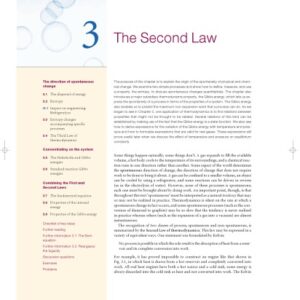Adhesives in general and structural adhesives in particular are the subjects of much academic interest as well as commercial importance. Structural bonding, as a method of joining, offers a number of advantages over mechanical fastening. However, in order to achieve satisfactory results, the proper adhesive must be selected and the appropriate bonding procedures followed. The purpose of Structural Adhesives: Chemistry and Technology is to review the major classes of structural adhesives and the principles of adhesion and bonding as these relate to structural joints. Each chapter provides an overview of the topic under discussion with a list of references to the relevant literature. In addition to describing the chemistry involved, other aspects of structural adhesive technology are covered, such as formula? tion, testing, and end uses. Some structural adhesives, especially epoxies and phenolics, have a long history of successful use and are now widely employed. Others, such as the structural acrylics and cyanoacrylates, are beginning to gain industrial acceptance. Urethanes and anaerobics have limited but important uses, while high-temperature adhesives are still largely in the research and development stage.
Chemistry
[PDF] Structural Adhesives: Chemistry and Technology S. R. Hartshorn (auth.), S. R. Hartshorn (eds.)
$19.99

![[PDF] Structural Adhesives: Chemistry and Technology S. R. Hartshorn (auth.), S. R. Hartshorn (eds.)](https://pdfelite.com/wp-content/uploads/2024/04/595c6aeddfde39eec9f990634399be65-d.jpg)




Reviews
There are no reviews yet.